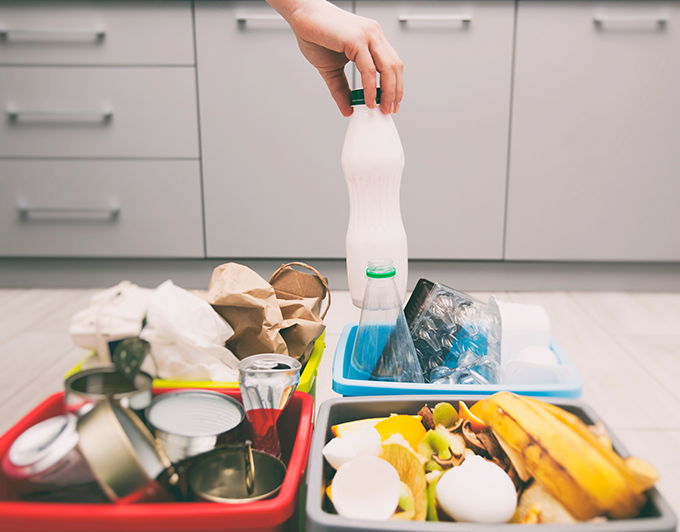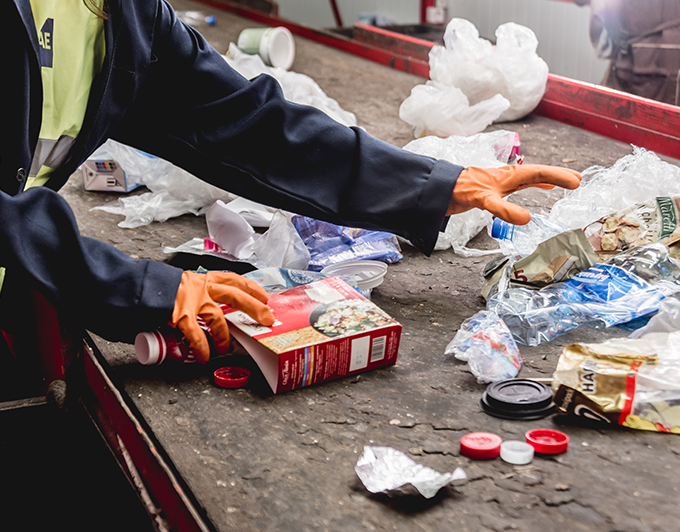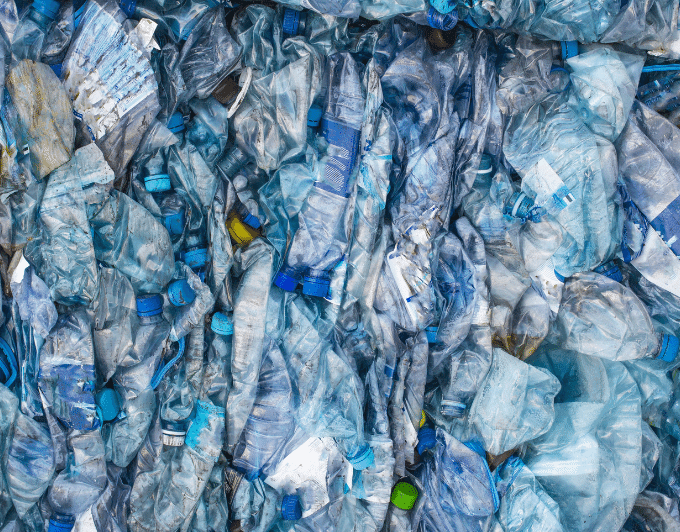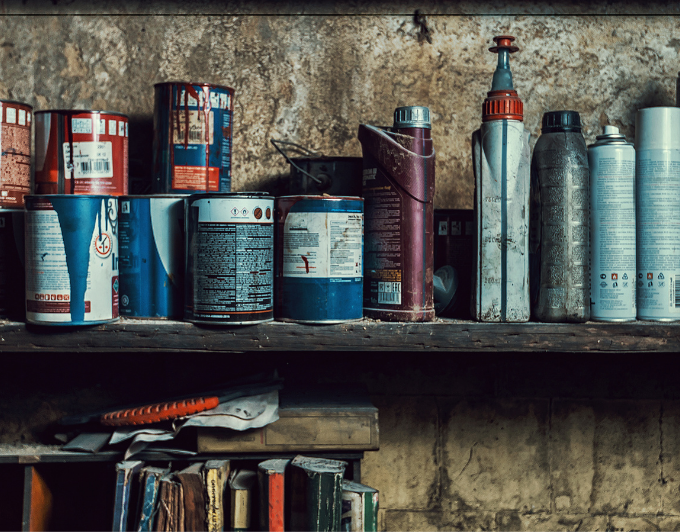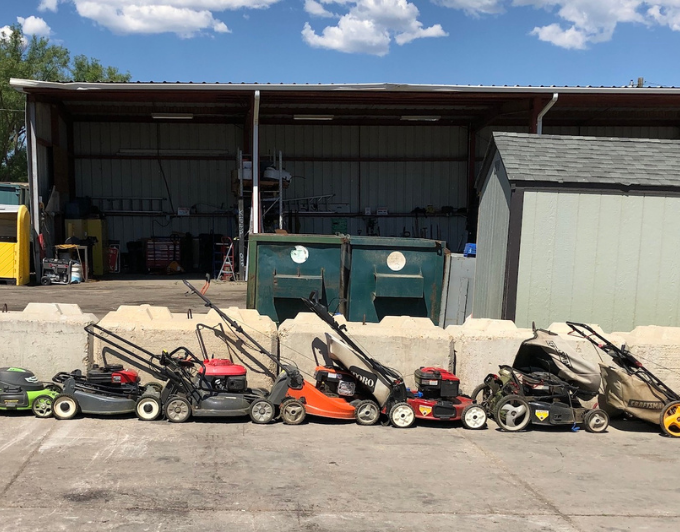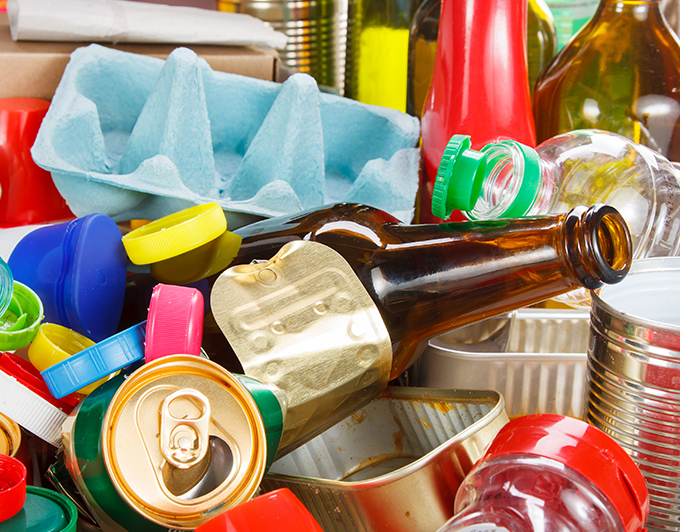Recycling: We Need It Now More Than Ever
Reducing our use of natural resources and reusing as much as possible is essential to building a circular economy. Recycling can get a bad rap in the press, but the truth is we can’t get to a sustainable future without recycling whatever we are unable to reduce and reuse. Despite its flaws, recycling continues to be an easy action we can take every day to participate in making our air cleaner, our energy and water savings bigger, and our dependence on finite resources more sustainable. Recycling-related industries create 9 times more jobs than those related to trash, and recycling reduces carbon emissions at nearly every turn of the manufacturing/disposal process, making it a critical way to fight climate change.
























